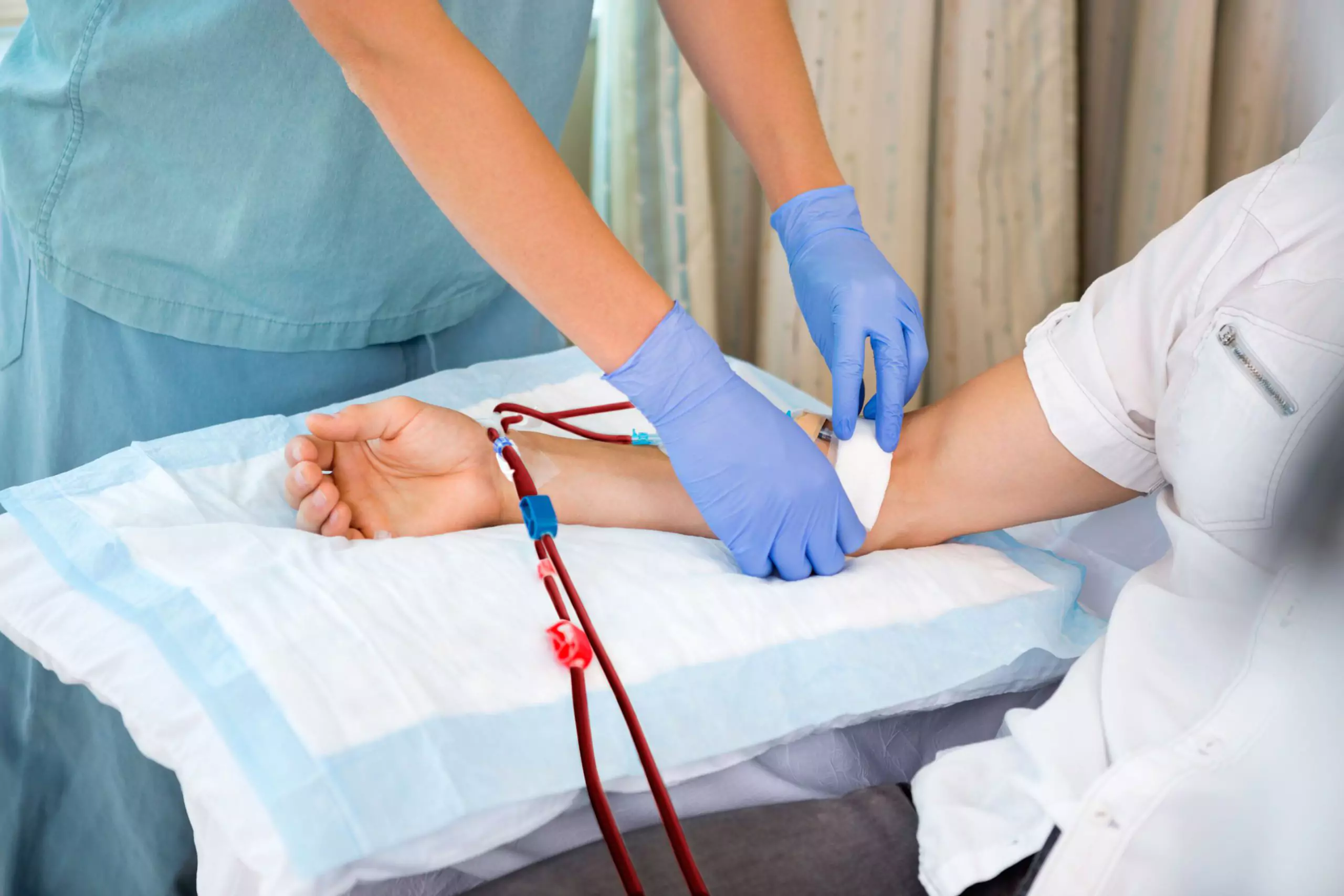Is Kidney Disease Reversible?
Approximately 38 million American adults currently struggle with kidney disease, representing around 15 percent of the adult population of the United States. Many ask themselves the question, “Is kidney disease reversible?” Chronic kidney disease (CKD) can be managed but not cured, while acute kidney injury, also known as acute renal failure, can be reversed to restore kidney function. Understanding the causes and exacerbating factors that lead to kidney disease can help you manage and even potentially eliminate symptoms.
Research into the management of kidney disease is constantly evolving, including an important 2014 study that indicates that adult kidneys are continuously regenerating throughout life despite past evidence to the contrary; however, certain types of kidney disease may be curable with the right level of intervention.
Is Chronic Kidney Disease Reversible?
Chronic kidney disease occurs when your kidney is no longer able to filter blood. As the disease progresses, it can lead to the build-up of wastes that can cause serious symptoms and other long-term diseases. Some of these conditions include, but are not limited to:
- Hypertension
- Anemia
- Malnutrition
- Nerve Damage

Image by Dmytro Zinkevych, Shutterstock.
CKD often presents without symptoms and can lead to kidney failure, which will either require dialysis or transplant. Common Causes of CKD include diabetes and high blood pressure.
While there is no cure for chronic kidney disease, and damage cannot be reversed, treatment focuses on managing underlying conditions, reducing symptoms and controlling the progression of damage, such as:
- Fluid Build-Up
- Congestive Heart Failure
- Serious Weight Loss
- Electrolyte Imbalance
- Weakened or Brittle Bones
The best way to address these issues is through consistent follow-up and engagement with your physician, as well as comprehensive lifestyle changes, such as diet, exercise, tobacco cessation and the right combination of medications and supplements, like iron and vitamin supplements for anemia, calcium and vitamin D pills and more. CKD generally occurs in three stages, and symptoms usually manifest in stage 3, which is among the most serious.
Is Kidney Failure Reversible?
There are multiple types of kidney failure, including but not limited to:
- Acute Prerenal Kidney Failure – This type of kidney failure is caused by temporary insufficient blood flow. It is generally curable when your physician identifies the reason for the poor blood flow.
- Acute Intrinsic Kidney Failure – Acute intrinsic kidney failure results from the inability of kidneys to adequately filter waste from the blood, and in many cases, can be cured or reversed, as the origin is determined.

Image by Tyler Olson, Shutterstock.
Chronic kidney is more difficult to reverse and must be managed through proper symptom mitigation. Tests to determine kidney failure include, but are not limited to:
- Urinalysis
- Tissue Sample Extraction
- Urine Volume Measurements
- Blood Samples
- Imaging
There are five stages of kidney failure, the last of which signals increasingly urgent shut-down and failure of the organs and will likely require dialysis and transplant.
Working with Your Doctor to Manage Kidney Disease
While most types of kidney disease are not reversible, it’s still possible to maintain health and quality of life by working with your doctor and making lifestyle changes pertinent to your diagnosis. It’s important to realize that no two cases of kidney failure are the same, and you should continue to rely on your care team to provide the best course of care. Make and keep regular appointments, adopt a kidney-friendly diet, and make other everyday changes to lessen symptoms.

